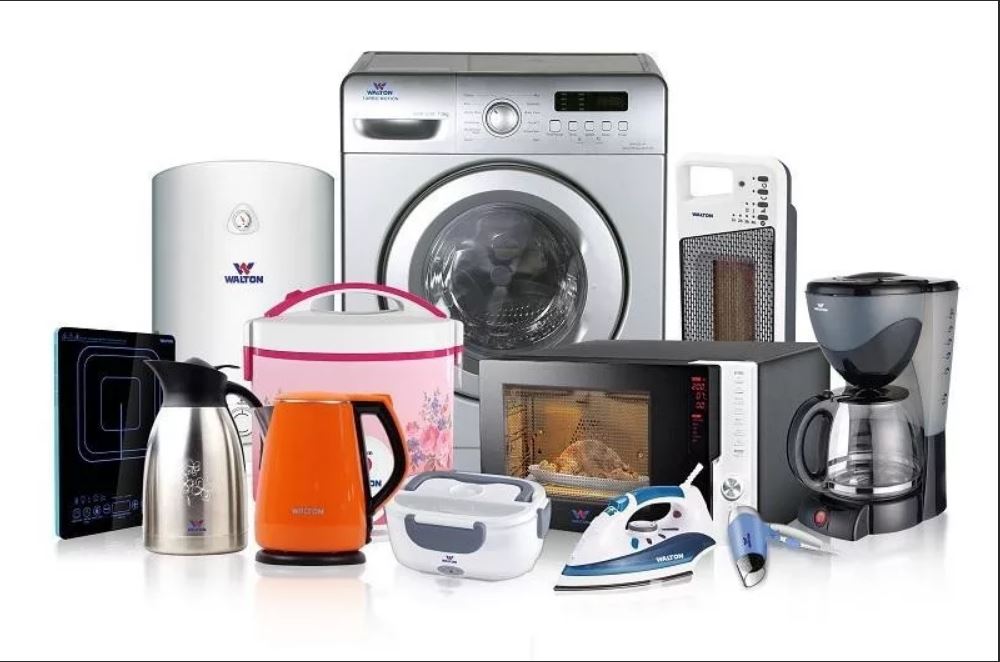Household appliances not only play a significant role in our daily lives but also have an impact on the environment. As energy consumption and environmental awareness continue to grow, it is essential to consider the energy efficiency and environmental impact of the appliances we choose. In this article, we will explore the importance of selecting energy-efficient appliances and discuss ways to make more sustainable choices. By understanding the significance of resource consumption and sustainability, we can contribute to a greener future through our appliance selections.
The Importance of Energy Efficiency:
Energy-efficient appliances reduce the amount of energy they consume during operation, resulting in lower energy bills and decreased environmental impact. Look for appliances with high Energy Star ratings, as they have been tested and certified to meet stringent energy efficiency standards. Energy-efficient models often have features like variable speed compressors, LED lighting, and improved insulation, leading to significant energy savings.
Environmental Impact of Different Appliances:
Different appliances have varying levels of environmental impact due to their resource consumption, emissions, and waste generation. For example, refrigerators and air conditioners use refrigerants that can contribute to greenhouse gas emissions. Washing machines and dishwashers consume water, which can strain local water resources. Consider the specific environmental implications of each appliance and select models that prioritize sustainability.
Renewable Energy Integration:
Consider utilizing renewable energy sources, such as solar panels or wind turbines, to power your household appliances. By generating clean and sustainable energy, you can reduce reliance on fossil fuels and minimize greenhouse gas emissions. Many appliances are compatible with renewable energy systems, allowing you to maximize the benefits of your sustainable energy investments.
Extended Lifespan and Repairability:
Choosing appliances with a reputation for durability and repairability can significantly reduce waste and environmental impact. Look for models with easily replaceable parts, access to repair services, and availability of spare parts. Appliances with longer lifespans require fewer replacements, ultimately reducing the overall environmental footprint.
Water Efficiency and Conservation:
Water is a valuable resource, and selecting appliances with water-saving features can contribute to water conservation efforts. High-efficiency washing machines, dishwashers with eco-cycles, and faucets with low-flow options can help minimize water consumption without compromising performance. Additionally, adopting water-saving habits like full loads, proper loading techniques, and repairing leaks can further reduce water usage.
Responsible Disposal and Recycling:
When the time comes to replace an appliance, responsible disposal and recycling are essential. Improperly discarded appliances contribute to landfill waste and can release hazardous materials into the environment. Look for recycling programs or facilities that accept old appliances and ensure proper disposal of any harmful components. Some manufacturers offer take-back programs or incentives for recycling their products.
Consumer Awareness and Education:
Increasing consumer awareness and education about energy efficiency and sustainability in appliances are crucial. Stay informed about the latest advancements, labels, and certifications related to energy efficiency and environmental impact. Research and compare the resource consumption and sustainability practices of different brands and models before making a purchase.
Government Incentives and Programs:
Government agencies often provide incentives, rebates, or tax credits to promote the purchase of energy-efficient appliances. Stay informed about local or national programs that encourage sustainable choices. Taking advantage of these incentives can make energy-efficient appliances more affordable and encourage sustainable purchasing decisions.
Choosing energy-efficient appliances and considering the environmental impact of our household devices are essential steps toward a more sustainable future. By selecting energy-efficient models, integrating renewable energy, extending appliance lifespans, conserving water, responsibly disposing of old appliances, staying informed, and leveraging available government programs, we can make a positive impact on the environment. Together, we can reduce resource consumption, minimize greenhouse gas emissions, and work towards a greener and more sustainable world.


